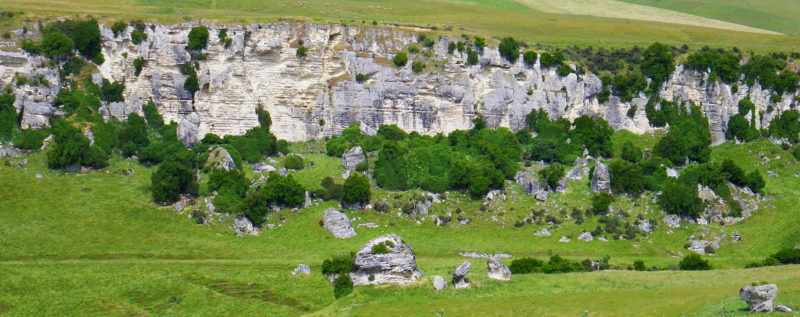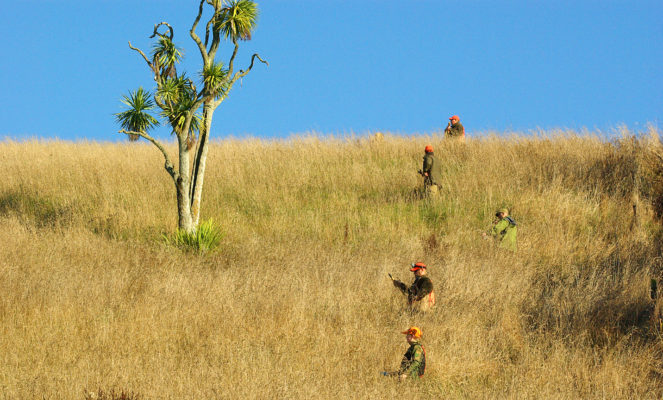Every year David Bielski, manager of Craigmore Station in South Canterbury, plans to spend $50,000 of the station’s budget on fencing, planting trees and labour to increase biodiversity on the property.

An impressive 51 hectares of land already consists of native plant species and is under various QE II covenants and game keeper John Brownley has been controlling a full range of pests on the station for over 10 years.
“Our pest tally for last year was 120 feral cats, 30 ferrets, 13 stoats, 214 hedgehogs, 19 (recorded) rats, 260 rabbits, 155 possums, 6 wallabies and 57 hares,” David confirms. “Numbers go up and down. We try to minimise pests, but we never get on top of them.”
Feral cats are a major pest species on the station.
“We tend not to keep pet cats on the station because of the cat trapping,” David says. “When I’m employing new staff, I talk to them about the risks to pet cats.”

As well as sheep, beef and deer, Craigmore Station also farms pheasants – 4 ½ thousand of them! Hence John Brownley’s game keeping role. The pheasants live in the swamp and grasslands areas of the station and initial pest control was aimed at protecting these vulnerable birds from predators, with trapping and shooting carried out only where the pheasants lived. When David joined the station staff as manager in August 2015, he extended that pest control to the bush areas under covenant.
“We have native broadleaf and cabbage trees and we’ve fenced it where we can,” David says. “Station owners Forbes and Bridget Elworthy are keen on increasing areas of biodiversity, but without predator control, the covenants and plantings were acting as breeding grounds for pests.”
Predator control is benefitting both the pheasants and native birds living on the station and David hopes, in the longterm, to extend control to the whole 1700 hectares of Craigmore. Manager David Bielski, game keeper John Brownley and the team at Craigmore are the 2018 Canterbury Regional Winners of the Predator Free Farm Award, part of the annual Ballance Farm Environment Awards.

